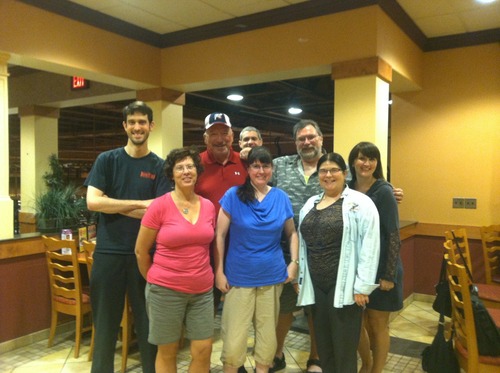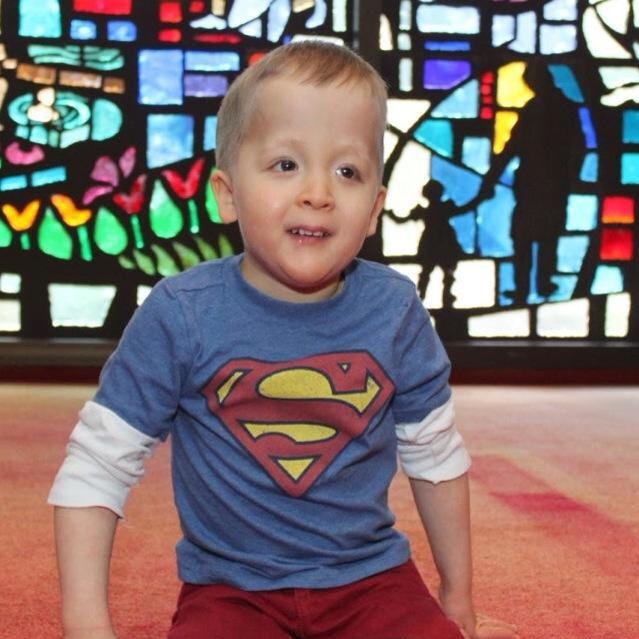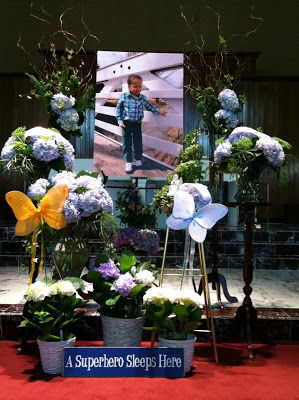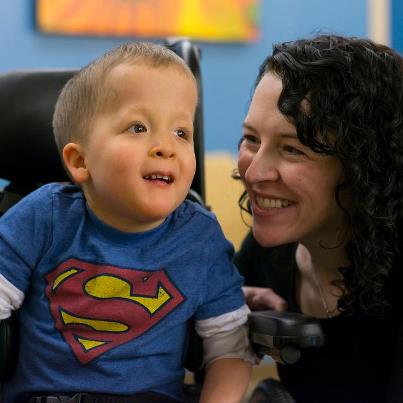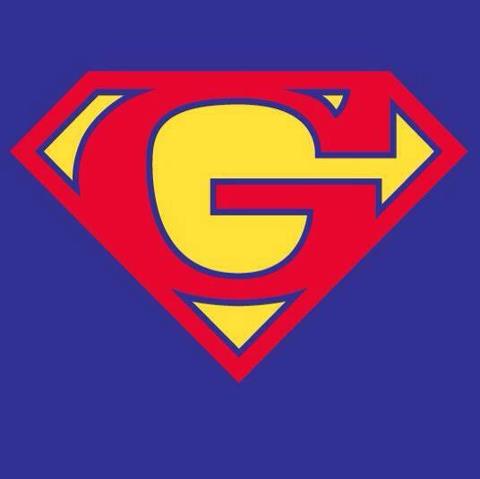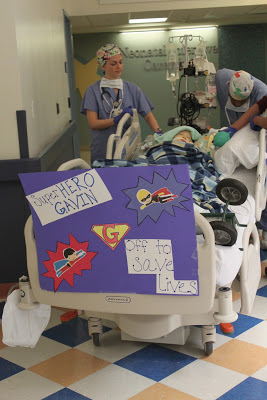Last week I wrote about how time is relative. Specifically, I noted that I can accomplish about 4 times as much work in a child-free hour as a child-full hour. I’ve since noticed that the writing process itself is subject to the time-warping effects of relativity. Some parts fly past, some drag–even if they take exactly the same amount of real time.
I don’t do much in the way of outlining and prewriting (although I am trying to do a little more with my latest WIP), so that doesn’t take me too long. I think if I tried detailed outlining I would find the process tedious and draining, which I why I steer clear. While I admire the authors who can write a scene-by-scene outline, I just cannot get the passion for basically writing the book before I write the book. If I tried, that would be a part of the process that would seem to move at a snail’s pace for me.
Some writers say the first draft drags for them. For me, the first draft is fits and starts. Some days the words flow so fast I lose track of time, I am so immersed in the story. Other days the words don’t come and every time I look at the clock it seems the hands haven’t moved. But even though this is one of the physically longer time frames in the process, it does not move slowly for me. I tend to make steady progress, so I feel good about it.
The revision is where time relativity really can come into play. I find large-scale revisions such as moving scenes, deleting scenes, writing new scenes or new parts of scenes to move quickly. I have more of a big-picture brain, so I enjoy this part of the process a great deal. Probably why it seems to go quickly for me.
It’s the small-scale edits that drag for me. The typos and the grammar and the punctuation and the sentence-level structure. Grammar-type issues such as punctuation have never been my strong suit, and, although I am learning, it is still a struggle. The reading the book out loud edit always takes a long time, but it is completely necessary for me. One time I found that my global search-and-replace had failed to change my protagonist’s name in 4 different places. I never would have caught that without reading out loud. My mind, when reading silently, had inserted the correct name all the previous times I had read it–and I was on the 7th major revision at that point!
I don’t know about you, but when I get to the revision stage, I make a list of all the things I need to do. For a while, this list grows instead of shrinks, since often changing one thing will lead to more changes further downstream. Then the list seems to stall, as if I cannot check off anything no matter how hard I work. But then a miracle of relativity happens, and one day I look at my list and there’s only one or two things on it! I experienced that with the non-fiction genealogy project I am working on for my family. Just this weekend I looked at what had been a very long list, and realized I was on the second-to-last thing! What a thrilling moment to finally see the light at the end of the tunnel.
How about you? Which parts of the writing process fly for you, and which are like pulling teeth?

